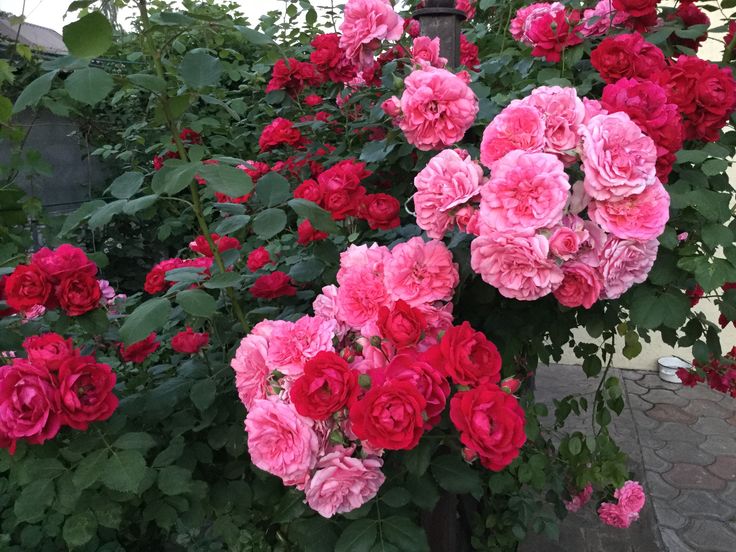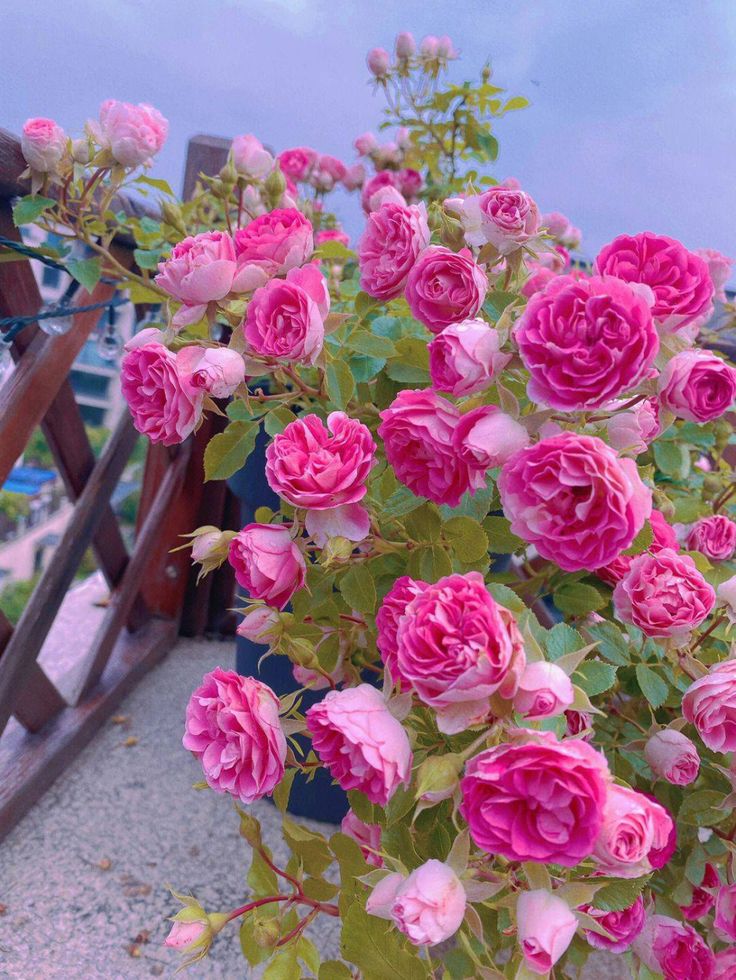Roses, with their delicate blooms and captivating fragrance, can sometimes face periods of stress due to environmental factors, diseases, or neglect. However, with the right care and attention, stressed roses can be rejuvenated and restored to their full beauty. In this comprehensive guide, we will explore the common reasons for rose stress and provide actionable steps to revive and nurture your beloved roses back to health.







Identifying Signs of Stressed Roses
**1. *Yellowing Leaves*
- Yellow leaves, especially if they appear at the lower part of the plant, may indicate nutrient deficiencies, overwatering, or other stress factors.
**2. *Wilting and Drooping*
- Wilting and drooping can result from underwatering, overwatering, or extreme temperatures. It’s essential to distinguish the cause for appropriate intervention.
**3. *Lack of Blooms*
- A sudden decline in blooming may be a sign of nutrient imbalances, insufficient sunlight, or pest infestations affecting the plant’s energy.
**4. *Leaf Spots or Discoloration*
- Spots, discoloration, or unusual patterns on leaves may indicate diseases or pests that need prompt attention.
**5. *Stunted Growth*
- Stunted growth can be attributed to poor soil conditions, lack of nutrients, or inadequate sunlight.
Reviving Stressed Roses: Step-by-Step Guide
**1. *Inspect and Identify Issues*
- Carefully examine your roses for signs of diseases, pests, or nutrient deficiencies. Identifying the specific stress factors is crucial for effective recovery.
**2. *Prune Dead or Diseased Parts*
- Prune away dead or diseased branches, leaves, or blooms. This helps redirect the plant’s energy to healthy growth and prevents the spread of issues.
**3. *Adjust Watering Practices*
- Ensure proper watering by providing consistent moisture without waterlogging. Deep watering at the base of the plant in the morning is ideal.
**4. *Improve Soil Conditions*
- Amend the soil with organic matter, such as compost or well-rotted manure, to enhance soil structure and fertility. Roses thrive in well-draining soil.
**5. *Apply Balanced Fertilizer*
- Feed your roses with a balanced fertilizer to address nutrient deficiencies. A slow-release or organic fertilizer is suitable for gradual and sustained nourishment.
**6. *Mulch for Moisture Retention*
- Apply a layer of organic mulch around the base of the roses to retain moisture, regulate soil temperature, and suppress weeds.
**7. *Introduce Beneficial Insects*
- Release or encourage beneficial insects such as ladybugs or predatory mites to control pest populations organically.
**8. *Provide Adequate Sunlight*
- Ensure your roses receive sufficient sunlight, ideally at least 6 hours of direct sunlight per day. Prune nearby plants if they are shading your roses.
**9. *Monitor and Repeat*
- Regularly monitor the health of your roses and repeat necessary interventions. Consistent care is essential for ongoing recovery.
Preventive Measures for Future Health
**1. *Regular Inspections*
- Routinely inspect your roses for signs of stress, diseases, or pests. Early detection allows for proactive intervention.
**2. *Proper Watering Practices*
- Water your roses consistently, adjusting the frequency based on weather conditions. Avoid overhead watering to minimize moisture on leaves.
**3. *Adequate Nutrition*
- Maintain a regular fertilization schedule to ensure your roses receive the necessary nutrients for robust growth and flowering.
**4. *Pruning and Deadheading*
- Regularly prune dead or spent parts to stimulate new growth and prevent the spread of diseases.
**5. *Good Air Circulation*
- Plant roses with adequate spacing to promote air circulation, reducing the risk of fungal diseases.
Conclusion
Reviving stressed roses requires a careful and systematic approach, addressing the specific factors causing distress. With a combination of proper care, attention to detail, and preventive measures, your roses can bounce back to a state of vibrant health, gracing your garden with their timeless beauty once again.
FAQs About Reviving Stressed Roses
- Q: Can stressed roses recover completely?
- A: In many cases, stressed roses can recover completely with proper care and intervention. However, the extent of recovery may depend on the severity of the stress factors.
- Q: Is it normal for roses to experience stress during certain seasons?
- A: Yes, roses may experience stress during extreme weather conditions, such as hot summers or cold winters. Providing appropriate care during these seasons is crucial for their well-being.
- Q: How long does it take for stressed roses to show improvement?
- A: The timeline for improvement varies based on the specific stress factors and the health of the roses. With consistent care, you may start to see positive changes within a few weeks to a few months.
- Q: Can I use chemical pesticides to quickly address pest-related stress?
- A: While chemical pesticides may provide rapid results, consider using organic and environmentally friendly alternatives to minimize potential harm to beneficial insects and the overall garden ecosystem.
- Q: Are stressed roses more susceptible to diseases in the future?
- A: Yes, stressed roses may be more vulnerable to diseases. Implementing preventive measures and maintaining optimal growing conditions will help fortify their resistance to future stressors.